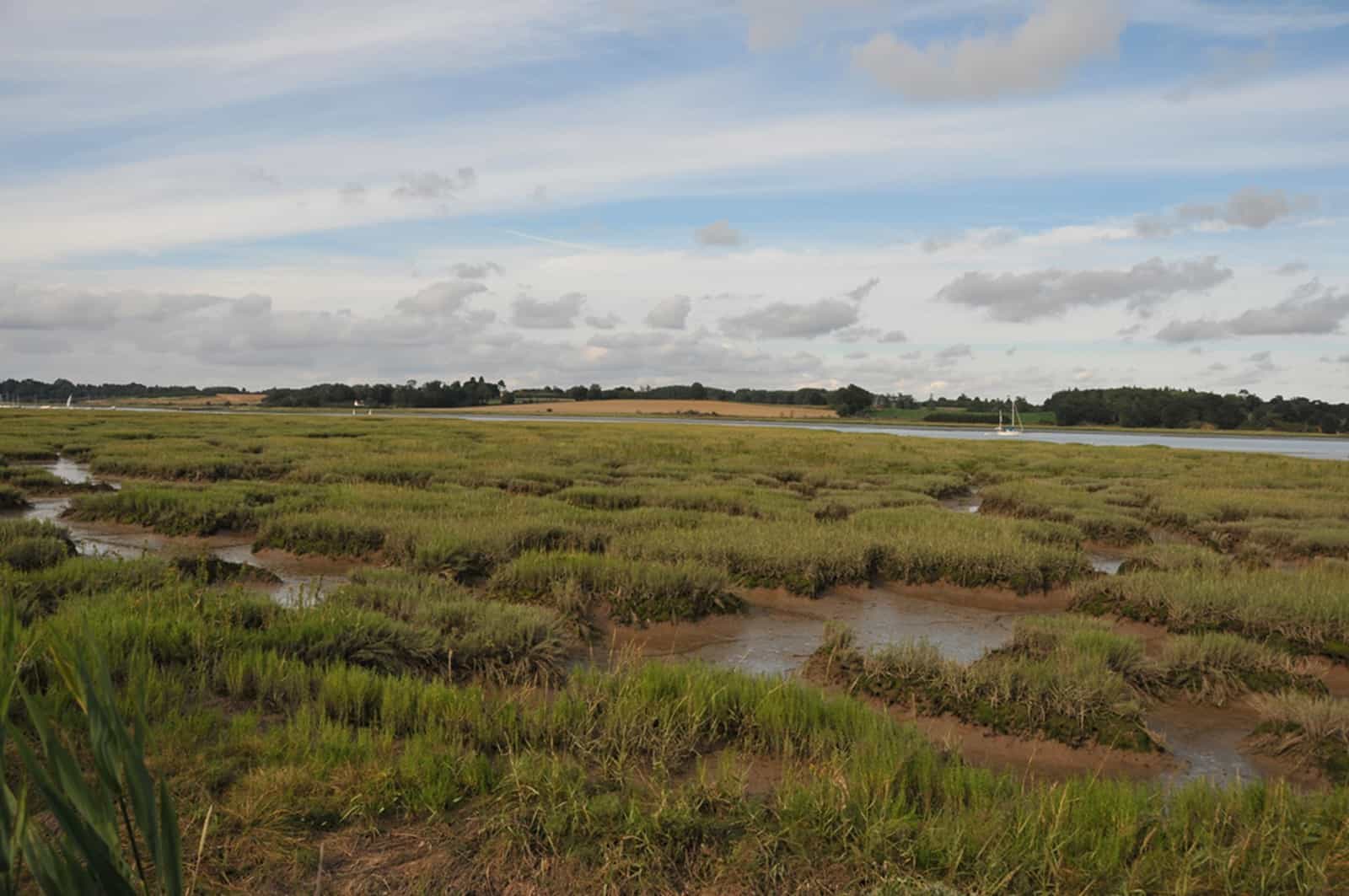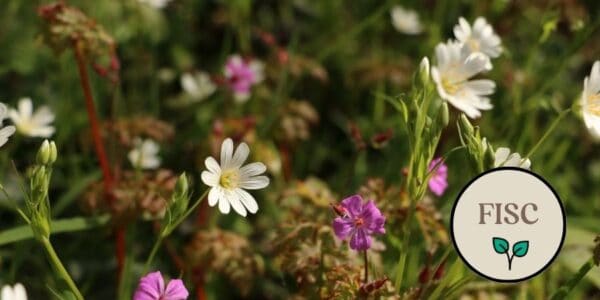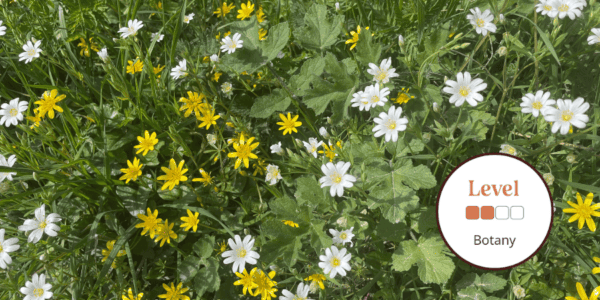This intermediate course will cover the ecology of the diverse habitats, bogs and mires. Learn to appreciate the biodiverse richness of these habitats and identify the plant species adapted to live there.
Bogs and marshes are amongst the richest of habitats in the UK and provide homes to numerous sedge species along with different grasses, rushes and bryophytes.
Bogs and marshes are wetlands that support vegetation that is normally peat-forming and in all examples, the ground is permanently or periodically waterlogged. Specific plants have adapted to grow in these often very harsh environmental conditions, evolving ingenious ways of obtaining nutrients. This course introduces the diverse habitats known as a ‘mire’, their specific ecology and the plants that you can find there. During the course, we will visit two sites, a raised bog and a calcareous fen where ecological processes will be discussed and numerous species identified as we explore the rich botanical assemblages.
Preston Montford is set on a 12-hectare estate, surrounded by a rich range of habitats, including the River Severn and semi-ancient woodland, set in the heart of Shropshire with views disappearing into Wales.
PLEASE NOTE the course fee is for tuition only. There is no accommodation provided with this course. If you would like to book accommodation, lunch and an evening meal at Preston Montford, please email [email protected]
Who Should Attend?
Nature enthusiasts, Students, Rangers, Early career ecologists.
Knowledge Level
Intermediate. Level descriptors can be found on the following webpage: Framework and Course Level Descriptors
Prior Knowledge
It would beneficial for participants to have some species identification background as we will be seeing many plants different types of plants, including many in perhaps the more difficult groups of rushes, sedges, grasses and bryophytes.
This course will cover:
-
- The definition of a mire and the different types
- The ecology of mires
- How plants have evolved to adapt to these often extreme environments
- Identification of plant species you would expect to find in mire habitats
- How mires demonstrate ecological processes and ecosystem services
- The environmental threats to mires
By the end of the course, you will be able to:
-
- Define the term mire and give examples
- Identify the differences between mires and their diversity
- Explain how plants have adapted to survive in these extreme environments and list 10 plant families that you would expect to find
- Describe the ecosystem services and environmental threats to mires
- Share this knowledge with friends, family, and fellow volunteers
The course gives you the opportunity to immerse yourself in a new subject and acquire novel skills. Our fantastic tutor will combine the use of classroom-led learning and outside learning opportunities to give individuals the skills and confidence to progress their learning.
-
- See the ‘Example Timetable’ and ‘What’s Included’ sections below for more information about this course.
- Upon booking you will need to provide individual details of all attendees
- Please email [email protected] if you have any questions.
Group Bookings Made Easy
If you have a group of 10 or more individuals wanting to complete one of our courses, our team are available to discuss your options – from discounts to private team courses.
-
- Discounted rates
- Privately run courses for your group
- Bespoke courses developed specifically for your needs
If we are unable reach viable numbers for this course, we will inform you of the course cancellation 14 days prior to the course run. We would recommend when purchasing accommodation and/or travel you should take out your own insurance.
Tutor: Fiona Gomersall
Fiona Gomersall is a trained biology teacher and skilled field botanist. She is Conservation Officer at Shropshire Wildlife Trust and is an active member of the Shropshire Botanical Society. Fiona’s monitoring and botanical survey work takes her all over the county to the 40 nature reserves and several hundred local wildlife sites.Book with Confidence
We understand the difficulties of making plans in the current situation when guidelines continue to change, and insurance conditions are being tightened. In response, we will continue to offer additional flexibility. Find out more here
Example Timetable
Example Timetable
This timetable is subject to change but should give a clear outline of what to expect
-
- Please arrive at 9:45am in time for the course to start promptly at 10:00am
- The course will end at 5:00pm
| 10:00am | Introductions |
| 10:30am | Prepare for field session |
| 10:45am | Visit to a raised bog |
| 1:00pm | Lunch – Not included |
| 2:00pm | Visit to a calcareous fen |
| 4:00pm | Return to classroom - plenary and final questions |
| 5:00pm | Finish |
Please note accommodation, refreshments and an evening meal are not included
What's Included
The course has been carefully created by expert tutors and educators to help you continue to build and develop your knowledge and apply it within the field surrounded by like-minded individuals.
The course includes:
- Classroom learning covering the theory of the species
- Field excursions to apply new knowledge
- Expert tuition for which the Field Studies Council is renowned
- Clear objectives and progression
You can rest assured that the absolute best content from an expert in environmental education will be provided. In choosing a Field Studies Council course, you will be joining thousands of people who learn with us each year.
Before You Attend
What to Bring:
-
- Notebook and pencil
- A x 10 or x 20 hand lens
- Lunch and refreshments
- Sensible footwear and clothing for being outdoors
If you have them - your own reference guides.
There will be a member of staff with first aid training and access to a first aid kit on site. If you have special medical or access requirements, please let us know as soon as possible so we can plan the course.
Sorry this course has ended



